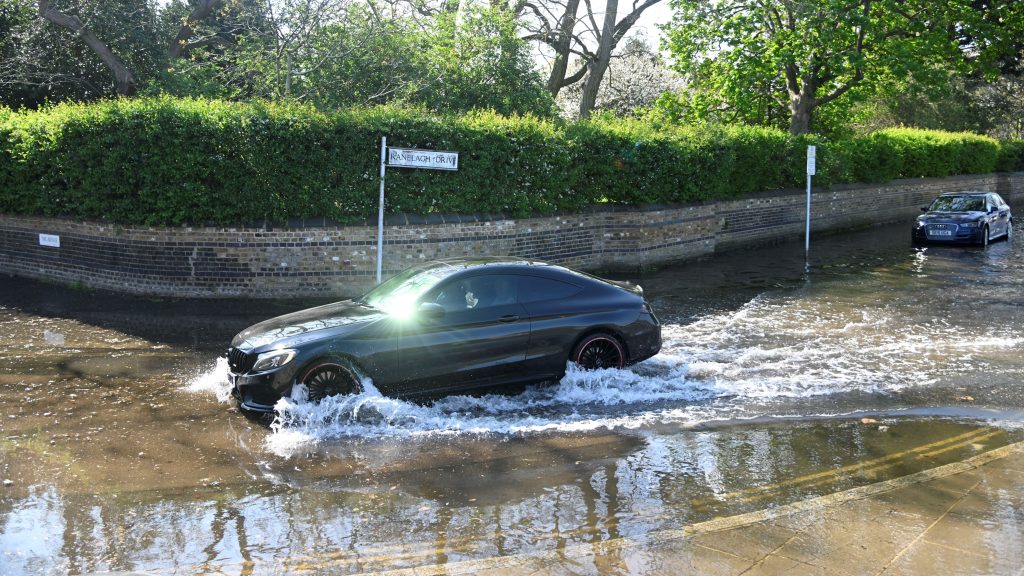UK Accelerates London Flood Defence Plan To Counter Rising Climate Risk

Britain is accelerating plans to protect London from flooding caused by a warming climate and rising sea levels, bringing forward its scheme of work to protect the city centre by 15 years.
London, which sits on a tidal stretch of the River Thames around 80 km from the sea, is currently protected from storm surges by a 520-metre wide movable flood barrier east of the city which is raised a handful of times each year.
The government said in a statement on Wednesday it was speeding up an existing climate adaptation programme, bringing forward a target to raise defences in the city to 2050, rather than by 2065 as originally set out in a 2012 document.
“Sea levels are rising at an accelerated rate across the Thames Estuary, and it is therefore essential that we act now to respond to the changing climate,” said Julie Foley, an official at the Environment Agency public body which developed the plans.
The government statement said the change was based on improved climate change models which showed the “heightened risk of flooding from a warming climate and rising sea levels.”
Rising sea levels, in part caused by melting glaciers and record ocean temperatures, are a global threat posing existential risk to some low-lying island states and coastal cities.
In April, the World Meteorological Organization said global sea levels were rising at more than double the pace they did in the first decade of measurements in 1993-2002 and touched a new record high last year.
The full revised plan from Britain will be published later on Wednesday, setting out how authorities plan to protect 1.4 million people and 321 billion pounds ($405 billion) of property from existing tidal risks and new ones driven by climate change.
The 2012 plan had said defences in the section of the river running past London landmarks such as the Houses of Parliament and the Tower of London would need to eventually be raised by up to a metre.
(Reporting by William James, Editing by Angus MacSwan)




